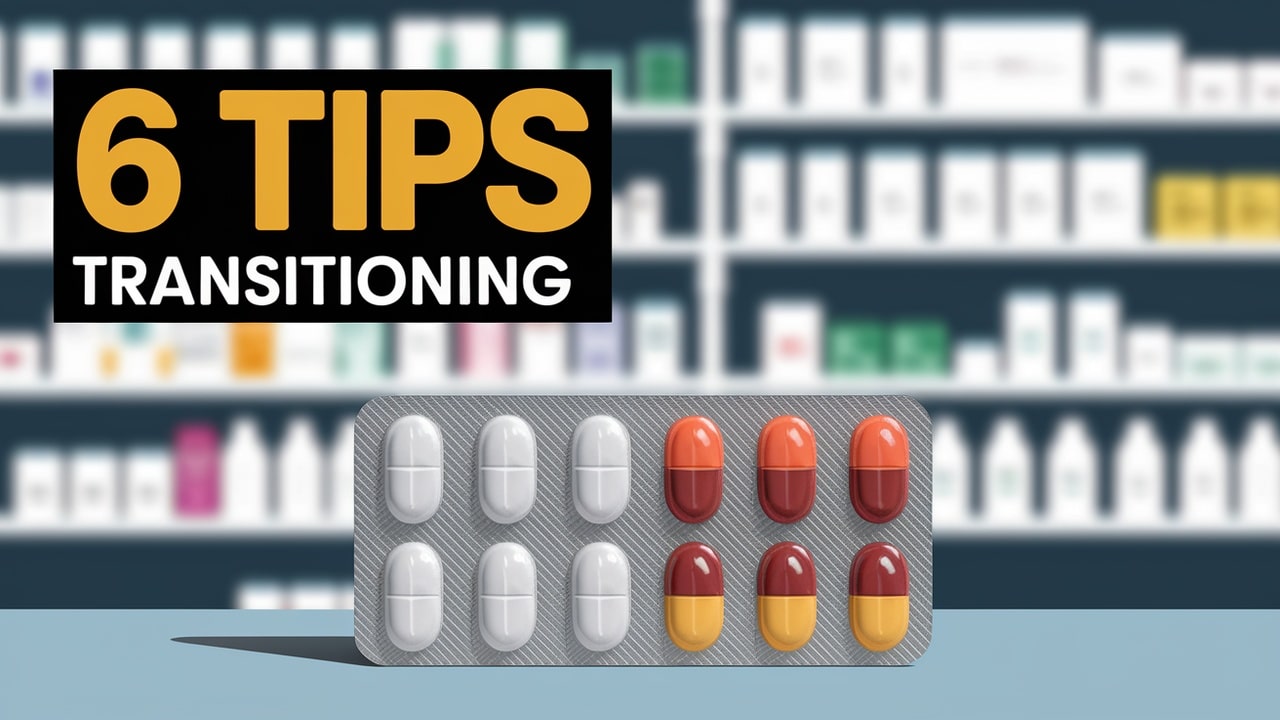
Top 10 Tips To Help You Stay Sober During Addiction Recovery Programs
If you are in the process of entering an addiction recovery program, staying sober can be a challenge. But you can do whatever it takes using this guide featuring the top ten tips. You can visit Epiphany Wellness on its website if you are searching for additional information on recovery programs.
These tips will help you pull through the recovery process. These tips will still apply whether you choose inpatient or outpatient rehab. If you’re ready to follow these vital tips, keep reading below and put these to good use.
Let’s get started.
Table of Contents
- What vital tips will help you pull through the recovery process?
- Identify your triggers
- Know the warning signs of potential relapse
- Avoid your old habits.
- Be aware of withdrawals.
- Create and maintain healthy relationships
- Use your support group when needed.
- Make healthy living a priority.
- Keep an eye on your finances.
- Accept your mistakes and move forward.
- Keep calm and carry on.
What vital tips will help you pull through the recovery process?
Identify your triggers
The first thing you’ll want to do is find out what your triggers are. What exactly could cause you to indulge in the drug of choice? These can include your usual environment, stress levels, the people you surround yourself with, and other issues.
These triggers can include your thoughts and actions that you would do that would lead you to feed your addiction. So be sure to identify what these triggers are and write them down. Share this list with the professionals working alongside you during your treatment process.
Know the warning signs of potential relapse
Like your triggers, you’ll want to keep an eye on the warning signs that may indicate a possible relapse. This will include behaviors considered compulsive or seeking out people who do drugs or alcohol. It also has thinking less rationally than average.
This could be one of the more challenging steps to follow. But if you can identify and recognize the warning signs, you won’t relapse. You will have the right kind of professionals that will help you out.
Avoid your old habits.
Indeed, old habits die hard. But you can beat them so long as you stop doing the same old routines that will feed them. This also includes disconnecting yourself from the people and environment that ties into it all.
The changes will need to be immediate at best. Your friends who are addicts won’t keep you sober. They’ll encourage you to continue your addiction as if nothing happened.
Be aware of withdrawals.
Withdrawals will happen during the recovery process. The occurrences may vary depending on the treatment process. If you are dealing with severe addictions like opioid addiction, those withdrawals will not feel the best.
This is one more reason you must choose inpatient rehab over outpatient. These withdrawal symptoms can be severe and can have fatal consequences if untreated.
Create and maintain healthy relationships
One of the most significant pillars of recovery is creating and maintaining healthy relationships. This includes your family, friends who are not at fault for your addiction, professionals, and more. You can create a positive relationship with everyone involved, including your fellow recovering addicts.
The relationships that you should not maintain are the ones that are considered toxic. These include the friends you spent time with (which helped form your addiction). Cut them out of your life since they will be no help to your sobriety.
Use your support group when needed.
Some days may be more challenging than others. For this reason, you can rely on your support group. You can tell your close circle about how your day is going.
You’ll discuss what you’re going through. You’ll talk about whether you’re going through withdrawals or if you are just having a rough day in general. These are people who will be here for you whenever you need them.
You can have them visit you in person or contact you via phone or telecommunication. If you are staying in a rehab facility, arrangements might be made for visitation in person or through other means.
Make healthy living a priority.
Your health should always be number one. This should be something you need to emphasize during your recovery process. You can exercise regularly, change your diet, and maintain a lifestyle that will help you feel and look good.
You can also get a good night’s sleep (at least 7 to 8 hours). You can also practice mindfulness, such as meditation, every single day. There is much you can do to create and maintain a healthy lifestyle.
Start as simple as possible. You don’t want to overload yourself with a lot. You can put together a simple workout schedule and diet plan that will help supplement that.
Keep an eye on your finances.
Your finances will be essential when it comes to your recovery. You may have run into trouble during your addiction. If this is the case, plan to clear things up as you go.
Your financial issues may not be solved overnight. It will take weeks, months, or even years. At the same time, you’ll also need to make sure your finances are in good standing since your recovery program won’t be cheap.
After recovery, you may find a job and stick with it. You can then focus on taking care of your other financial issues (if any are present).
Accept your mistakes and move forward.
We all make mistakes. It’s up to you to accept them, forgive yourself, and move forward. You can look at these as teaching experiences. You can move ahead knowing you won’t make these again.
There is no need to feel guilty or ashamed about them. They may come back from time to time. But it’s important to acknowledge them and move on.
Keep calm and carry on.
As the old poster says, stay calm and keep moving. The process might be longer than some others. But you know that the goal of recovery will be closer to you with each passing day.
You will deal with bad withdrawals, rough days, and everything else. Have peace of mind knowing you have the right professionals ready to respond whenever you need them.






